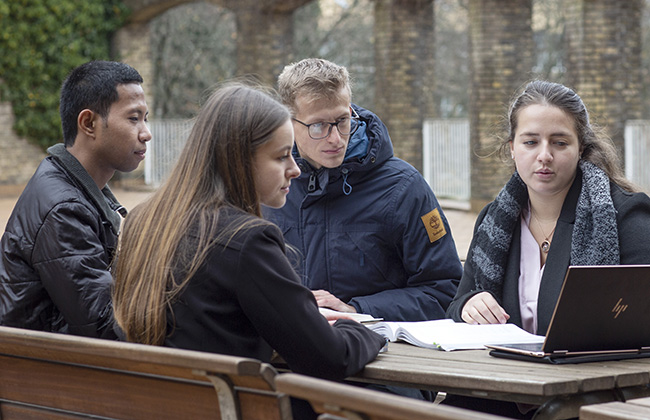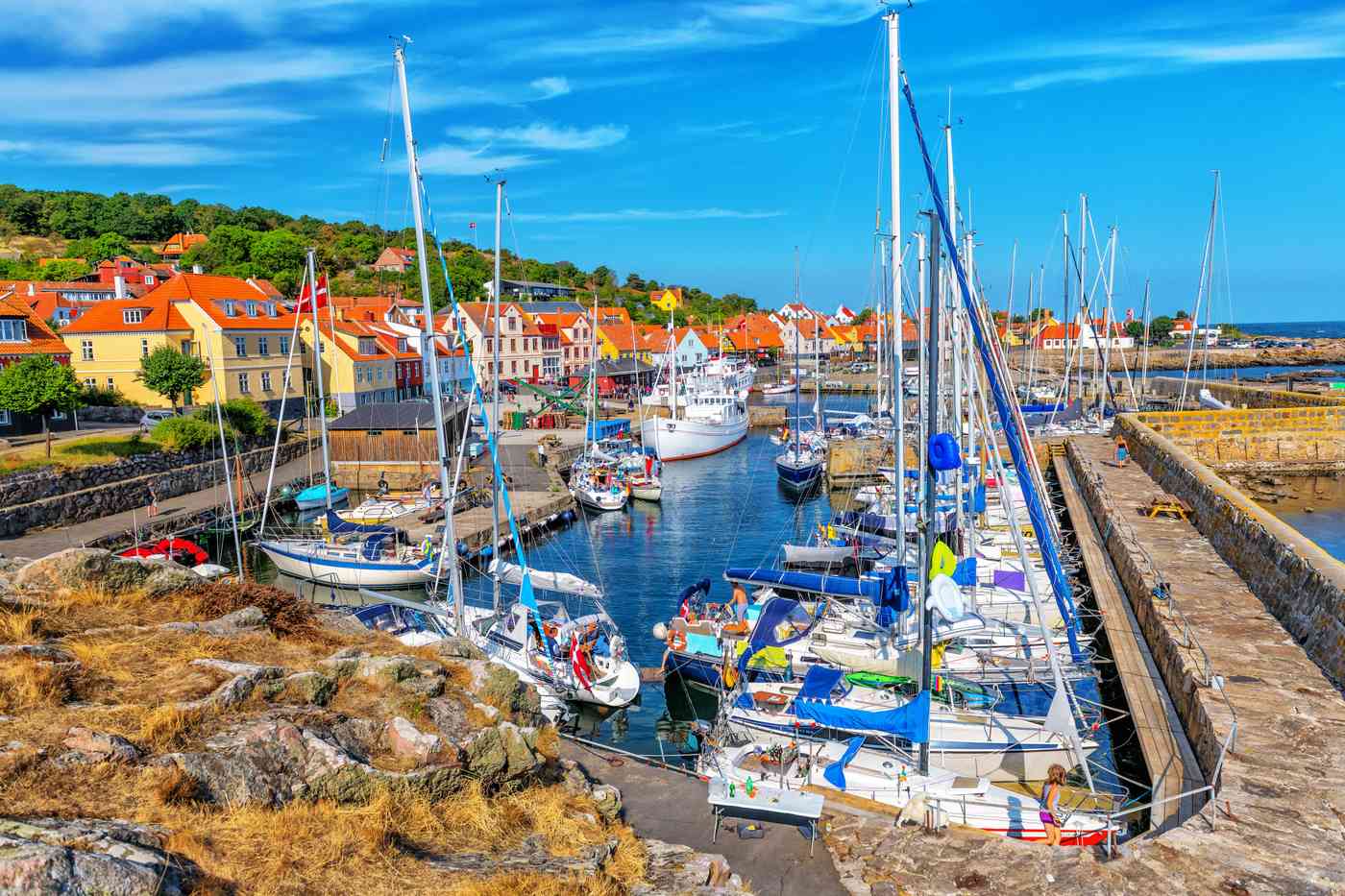I read a story last week about a man who went amok at banks in several Jutland towns, smashing up the windows. I imagined the Charles Bronson character, from one of his many ‘Death Wish’ vigilante movies, strutting about with a sledgehammer, brutalising bank windows before uttering one-liners such as “Stick that in your vault”, “You can bank on it!” or “I’d like to make a deposit … of justice.”
The police said that they did not know the motive for the attacks. Well, I’m no Sherlock, but I think I can venture a decent guess. I am, after all, a Danske Bank customer.
Ill will towards Danske Bank began back in 2005 when its former chief executive, Peter Straarup, earned the nickname ‘The fee vulture’ for the many steep fees imposed upon Danske Bank’s customers. Three years later in 2008, IT Factory, which was run by the notorious embezzler Stein Bagger, went bust and Danske Bank revealed that it lost 350 million kroner in the debacle.
Straarup admitted that the bank had made a mistake, but customers and stockholders are still bitter that a bulk of that money has yet to be recovered, while Bagger, or Steen Bech as he likes to call himself now, received only a seven-year sentence for his role in financially crippling thousands of businesses and people.
But Danske Bank wasn’t finished with poor investments there. In 2011, an analysis from the bank’s own marketing department indicated that investments in Ireland had cost stockholders a staggering 34 billion kroner in lost market capitalisation.
In late 2012, Danske Bank attempted to polish its tattered reputation through its ‘New Standards’ promotional campaign that amazingly included ‘Occupy Wall Street’ demonstrations, starving children in Africa and robots playing football. The campaign attracted intense criticism as none of the campaign reflected the bank’s own reality. A polished turd is, at the end of the day, still a turd.
But still, the bank wasn’t finished. Its new chief executive, Eivind Kolding, made an appearance in Politiken newspaper in December apologising for the campaign and also the bank’s role in the financial crisis. The apology seemed hollow at best. One recent Politiken survey indicated that over 70 percent of people didn’t accept the apology.
Not only did it come at a time when the bank was haemorrhaging customers, but just a month later the ‘apology’ was followed up by the bank initiating a new programme in which many customers were asked to pay more fees for having an account with the bank – some 120 kroner per quarter. This is after the Danish taxpayers bailed out the bank to the tune of 15 billion kroner in the Bank Package deals.
So when I walked into my local bank in Østerbro last week in an attempt to deposit a small wad of cash that I’d received for Christmas, I was understandably a little irate. I wanted nothing more than to make the transaction and leave the bank in a hurry.
But instead, I was informed that my bank along with 130 other branches, had discontinued their practice of making transactions face-to-face. I asked how the hell I was supposed to deposit my cash and was told that the nearest Danske Bank that handled cash transaction was in town. Well, how about little old Mrs Olsen and anyone else who is unable to use a computer for their transactions? Are they really telling 80-year-olds to “go to town” to take care of their banking needs?
I stood there for several moments, paralysed in disbelief, before muttering something unintelligible and leaving in a daze.
When I came to my senses I was back at home again. Had I been in the Twilight Zone? Had I just gone into another dimension of sound, sight and mind? I realised that I was a customer of a bank to which I was paying a fee to have an account, but whose service apparently did not include me being able to deposit my money. I put my money in a drawer, pleased that there was no fee for doing so.
The next day, I started looking for a new bank.















